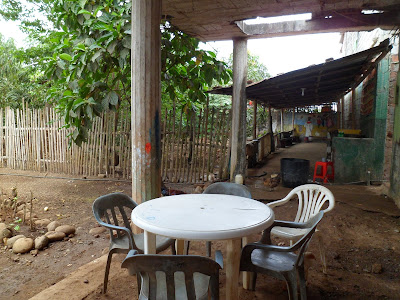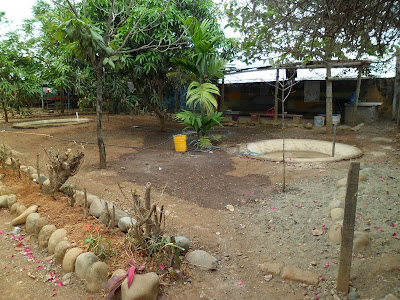Wherefore, if God so clothe the grass of the field, which to day is, and to morrow is cast into the oven, shall he not much more clothe you, O ye of little faith?
http://en.wikipedia.org/wiki/Matthew_6:30
- Wherefore, if God so clothe the grass of the field,
- which to day is, and to morrow is cast into the oven,
- shall he not much more clothe you, O ye of little faith?
- But if God so clothes the grass of the field, which
- today exists, and tomorrow is thrown into the oven,
- won’t he much more clothe you, you of little faith?
Jesus has been discussing the lilies in the field, and how even these simple flowers are more finely clothed than
Solomon. In this verse he states that if God clothes the lowly flowers so grandly, he will certainly ensure that his human followers are properly clad. This is very similar to
Matthew 6:26, with lilies and clothes in place of birds and food.
The grass of the field of this verse is presumed to be the lilies of
Matthew 6:27, implying that Jesus was speaking of the abundant wild flowers that will fill local fields.
Wood has always been in short supply in
Palestine and the burning of grasses was an important source of fuel. Barclay states that they were typically thrown into the clay ovens of the region when it was necessary to rapidly increase the heat. These ovens would be used to bake the bread the populace subsided on.
[1]
There are two lessons generally read into this verse. The first is that beauty and the physical are fleeting, what is splendid one day can be thrown into the fire the next. This perhaps links with
Matthew 6:20, where Jesus contrasts the impermanence of physical things with the eternal nature of the spiritual. Harrington links this verse to
Isaiah 40:6-
8, which also discussed the fleeting nature of grass and flowers.
[2]Secondly it shows how unimportant these flowers are. They are commonly sacrificed
en masse for the simple task of baking bread, yet God provides them with beautiful raiments. If God provides for such lowly flowers, he would surely do so for the humans made in his image.
[3]
The
Gospel of Thomas contains a version of this verse, but it comes to a very different conclusion, arguing that clothing is useless and should be dispensed with.
[4]
"O ye of little faith" appears several times in the New Testament. It is one of Jesus' strongest admonitions of his disciples.













